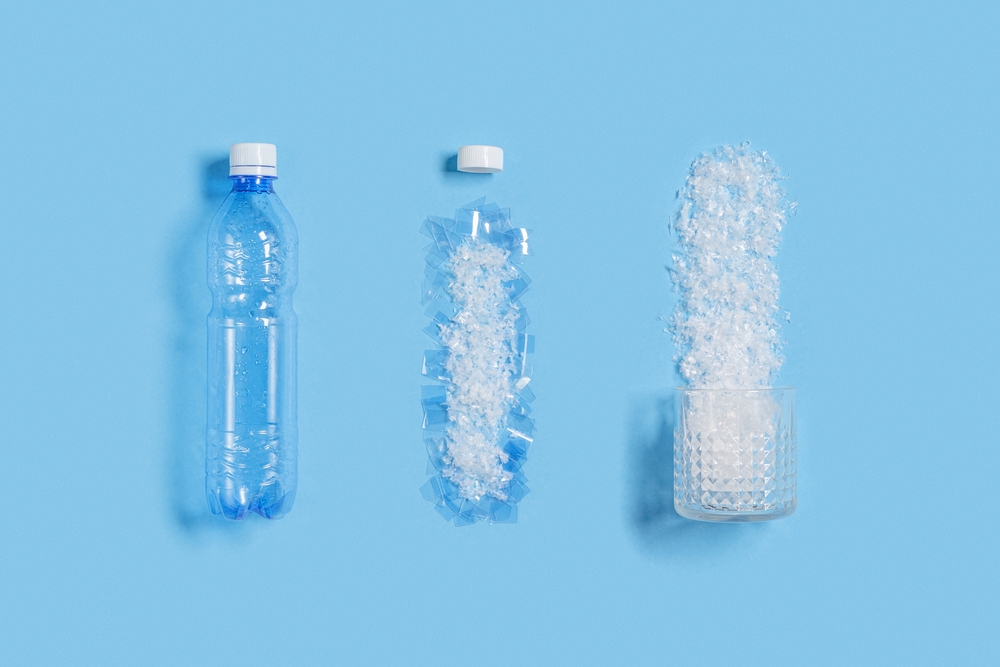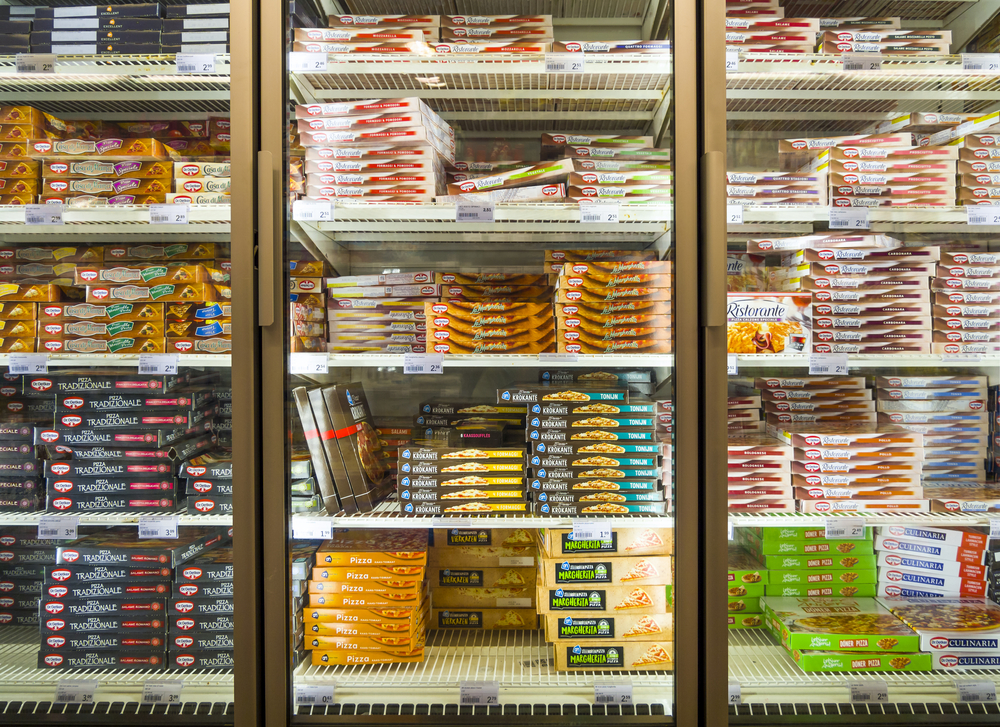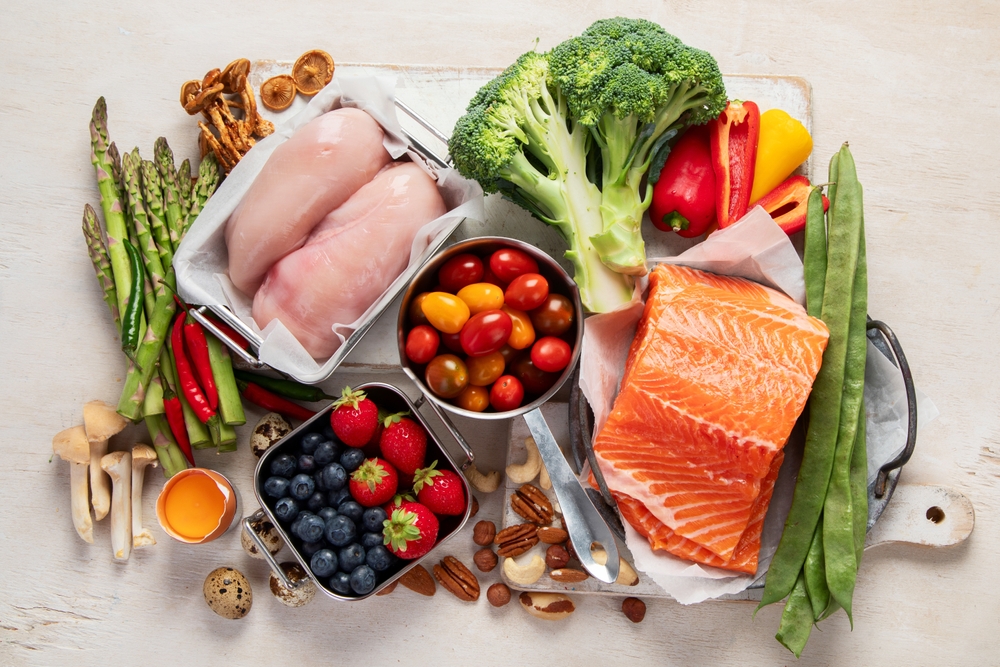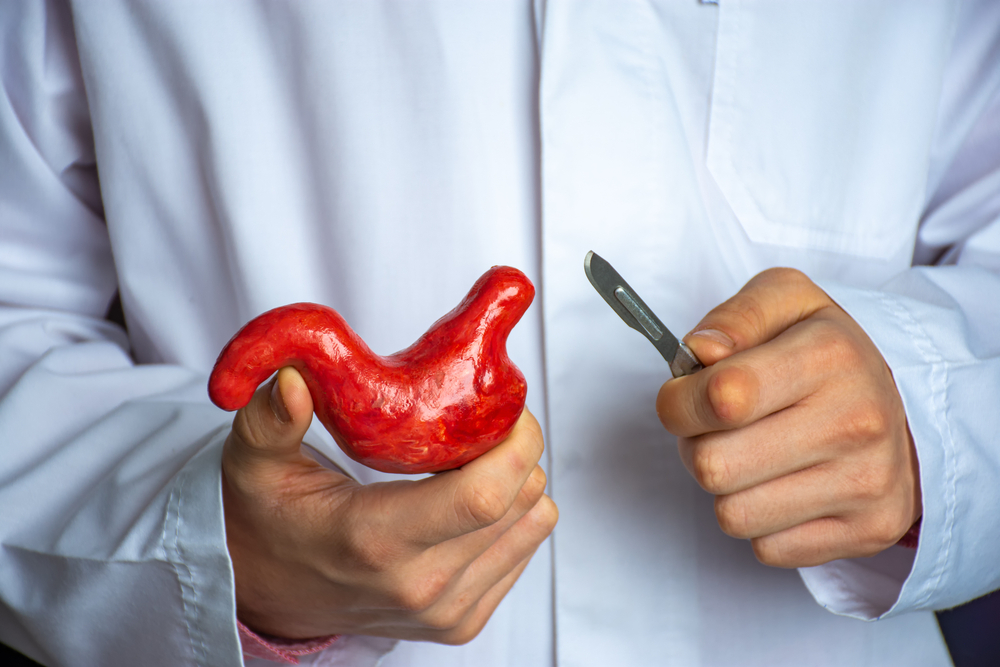There is an increasing number of minute plastic particles in our environment. Some of those are ingested. Is there cause for concern? Not yet, according to PhD candidate Hugo Brouwer. Het uses cell models to investigate whether plastic particles pose a risk to the human intestinal system. He published new results recently.
Micro- and nano-plastics, which have broken off from larger pieces of plastic, reach our food chain and bodies through water and soil. PhD candidate Hugo Brouwer of Toxicology: ‘These particles are several micrometres to nanometres in size, which is the size range of approximately a human cell to a bacterium. They are invisible to the naked eye. That is what constitutes the danger; we cannot protect ourselves. All sorts of matter attach to these particles, including proteins in the stomach and intestines. If the plastic is subsequently absorbed into our cells, they may cause damage there.’
Fake intestine
Brouwer used tubes and containers to mimic the human digestive system and investigate the behaviour of different types of plastic particles in our gastrointestinal system. He started off with tubes filled with a saline solution with the same pH value as our gastric acid and added plastic particles. ‘I incubate them for two hours under 37 degrees Celsius, which is our gut temperature. I then added some artificial intestinal fluid containing the same proteins and enzymes that occur in our intestines. I incubated the mixture once more.’
‘Digestive substances from the stomach and intestines caused the proteins to attach to the surface of the plastic particles’, Brouwer explains. ‘This increases the uptake of plastic particles by macrophages, which are key cells in our immune system. How this affects human health is not clear, but literature tells us that absorbed nano-particles can cause an inflammatory response.’
Protein-plastic combinations
Brouwers’ research also enabled him to discern what combinations of protein and plastics accelerate the absorption in cells. ‘If the plastics attach to digestive cells, they may even influence digestion because the proteins would no longer be able to perform their functions’, Brouwer speculates. Moreover, large quantities of plastics may accumulate, possibly preventing cells from functioning as they should. This could even cause cells to perish.’
Brouwer is crystal clear: ‘My laboratory study shows that immune cells absorb more plastic particles than assumed. If you exclude the combination of proteins and plastic particles from estimates on absorption of these particles, you underestimate the possible risks to the human body. Now that we have more insight into how the particles behave once they are inside our bodies, we must study how this affects our health.’

 Micro- and nano-plastics, which have broken off from larger pieces of plastic, reach our food chain and bodies through water and soil. Photo Shutterstock
Micro- and nano-plastics, which have broken off from larger pieces of plastic, reach our food chain and bodies through water and soil. Photo Shutterstock 

